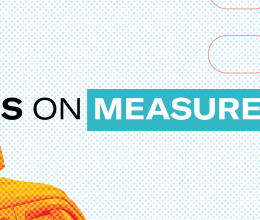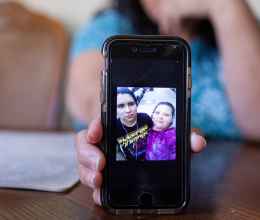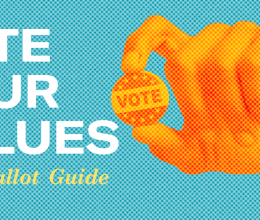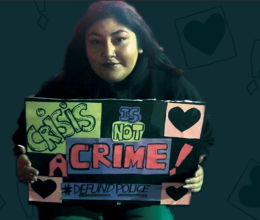
LOS ANGELES, Calif. - A new report commissioned by the American Civil Liberties Union of Southern California shows that black and Hispanic residents are stopped, frisked, searched and arrested by Los Angeles Police Department officers far more frequently than white residents --dramatically demonstrating that the LAPD must do more to eliminate bias from its policing.
The report, authored by Professor Ian Ayres, an economist and law professor jointly appointed at Yale Law School and Yale School of Management, is based on a fresh analysis of the LAPD's own data. The report concludes that the racial disparities aren't explained by differing crime rates in predominantly black or Latino neighborhoods, or the likelihood that a search of a person of color will yield evidence of a crime.
'The results of this study raise grave concerns that African Americans and Hispanics are over-stopped, over-frisked, over-searched and over-arrested,' Ayres said in his report. 'These stark statistics'_give a numeric lens for the lived experience of '_driving while black - or '_driving while Hispanic.''
Ramona Ripston, executive director of the ACLU of Southern California, said that 'the Los Angeles Police Department has taken several significant steps in recent months to address racially biased policing. However, as this analysis of data provided to us by the department shows, there's a lot more that should be done. We look forward to working with the department to institute improved training and other procedures that will keep the LAPD moving toward the goal of eliminating any bias in its work.'
In 2006 the LAPD released a study by the Analysis Group that examined the post-stop actions of its officers. That study -- based on 810,000 field data reports completed by LAPD officers nearly every time they stopped a vehicle or pedestrian between July 1, 2003 and June 30, 2004 -- concluded that when analyzed division by division, there was no consistent pattern of racial disparities across all divisions or races.
The LAPD provided the data on which the Analysis Group's 2006 report was based to the ACLU/SC, pursuant to a request under the California Public Records Act. At the request of the ACLU/SC, Ayres re-examined the data and found severe racial disparities, even after he controlled for crime rates and a host of other factors.
'This study shows that people of color in Los Angeles have a markedly different experience with LAPD. They're subjected to stops, frisks and searches more often than can be justified by crime patterns in different neighborhoods,' said Peter Bibring, a staff attorney for the ACLU/SC.
Ayres also found questionable assumptions and limitations in the methodology of the Analysis Group's report, and developed new ways of examining the data for evidence of whether it reflected racial profiling. Among his conclusions:
- African Americans and Hispanics were more than twice as likely to be ordered out of their vehicles than whites, and were vastly more likely to be frisked, asked to submit to a search, searched and arrested. These disparities remained statistically significant even when Ayres controlled for crime rates, poverty rates and other demographic information about the area where each stop occurred.
- Although African Americans and Hispanics were more likely to be frisked or asked to submit to a consensual search, officers were actually less likely to discover evidence during these frisks or searches. Ayres observed, 'It is implausible that the higher frisk and search rates were justified by higher minority criminality, when these frisks and searches were less likely to uncover weapons, drugs or other types of contraband.'
- Individual officers who arrested disproportionately more African Americans generally also arrested disproportionately more Hispanics.
- Racial disparities in arrest rates for stopped African Americans were smaller when the stops were conducted by African American officers.
In recent months, the LAPD has made revisions to its protocol of racial profiling investigations, and has considered additional anti-bias training. The ACLU/SC applauds this recent attention, but recommends that the LAPD take additional steps, including giving the civilian Inspector General real-time oversight of racial profiling complaint investigations, and the power to send them back to the department to be improved if necessary. The ACLU/SC also believes that the LAPD should conduct regular analyses of the data on stops that it already collects, to identify officers or units with unjustified racial disparities, and that improved anti-bias training should be provided departmentwide.
Such measures, along with improved training, early warning systems and complaint procedures, could make the department a model for rooting out racially biased policing.





